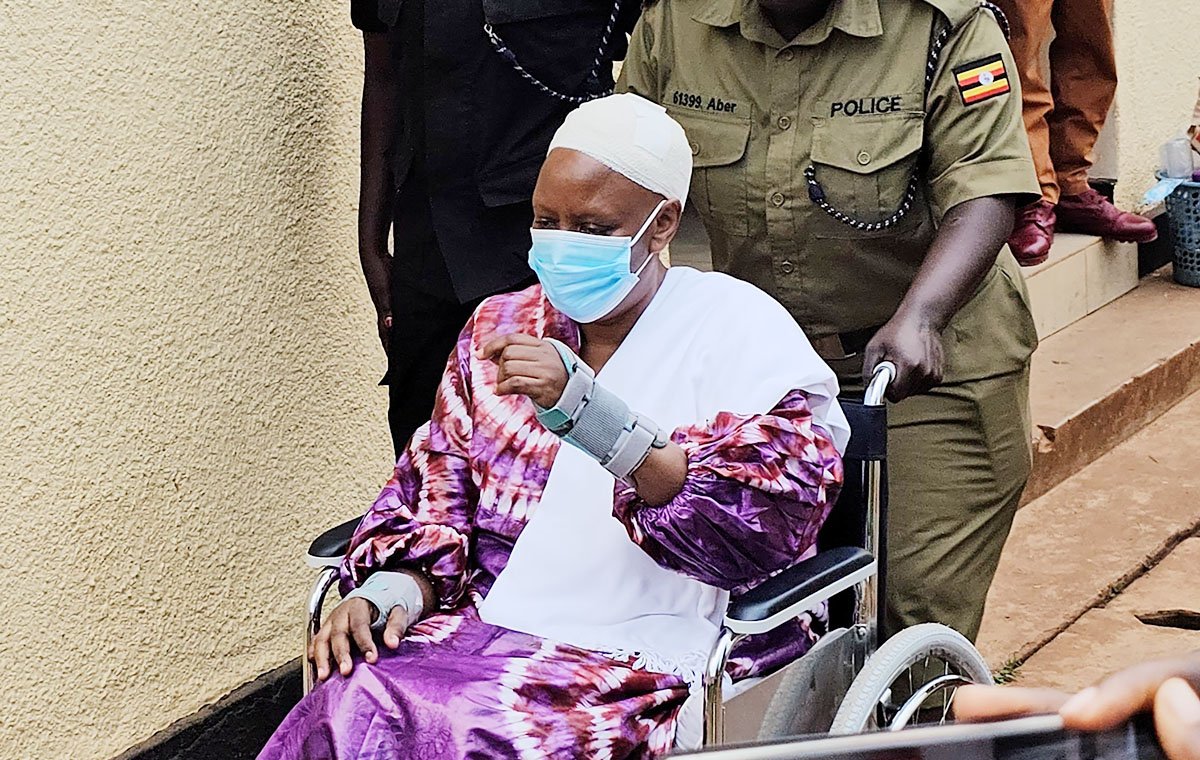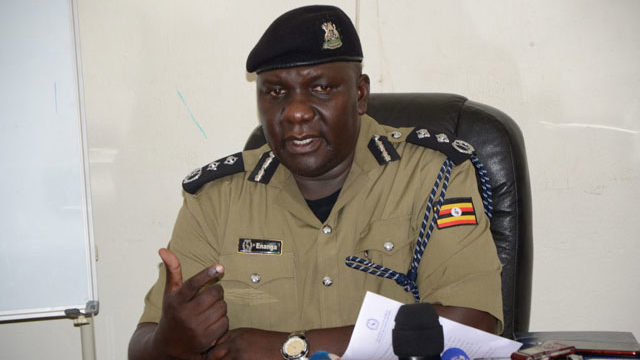The Leader of the Opposition in Parliament, Mathias Mpuuga Nsamba, has expressed fears about Uganda’s future, citing a perceived lack of “true democracy” as the reason for the uncertainty.
Mpuuga expresses dissatisfaction with Uganda’s post-independence trajectory in a statement commemorating the country’s 61st anniversary of independence.
He thinks it brings to Ugandans’ attention the serious flaws in their post-colonial transition.
Mpuuga draws attention to the dreams of Uganda’s founding fathers for a country in which the people would have all authority and superior administration than that which the colonialists left behind.
He did, however, contend that Uganda has failed in three crucial areas.
A significant issue is the 1995 Constitution’s elimination of term restrictions for presidents, which favored President Yoweri Kaguta Museveni’s National Resistance Movement (NRM) regime. Mpuuga thinks that this has impacted the democratic ideals of the nation.
Along with highlighting resource allocation difficulties, he said that power frequently dictates how national resources are distributed, depriving vulnerable groups of proper access to infrastructure, healthcare, and education.
Mpuuga further underlined the necessity of transferring authority from the national government to the local governments.
After 61 years of independence, he contended, measures should be in place to address the issue of power concentration within a small group, as it could result in calamity.
The theme for this year’s Independence Day celebrations is “Sustaining a united and progressive nation: Taking charge of our future as a free nation,” and Kitgum District is the venue.
Uganda still faces difficulties, nevertheless, including nepotism, human rights abuses, corruption, and sectarianism.
President Museveni urged Ugandans to put economic and social development ahead of polarizing politics based on identity and personal interests in a nationally televised speech prior to the celebrations.
“…the NRM has been insisting that although our people belong to different tribes, religions, etc., they have similar needs and need access to broader markets for their products to ensure prosperity,” Museveni stated.
Below is Mpuuga’s Full Statement
This day reminds us as a country of the struggles and sacrifices that our founders made eventually leading to the departure of the colonial masters and Uganda’s declaration of independence on 9th October 1962.
The 61-year-journey has been mostly disappointing for the citizens. It reminds us of the major failings of our emergency from the colonial state.
Our forefathers who fought for Uganda’s independence envisaged a country in which Ugandans had total control and a better working of the state from what the colonialists left.
Unfortunately, we have fallen short due to 3 major failings.
1. Our democracy has failed to evolve.
It was hoped that independence would give our people true democracy where the rights of every citizen are respected. This hope died with the abrogation of the 1962 Constitution following the 1966 crisis.
The drafting of the 1995 Constitution gave the country a new opportunity to have a consensus on how they wished to be governed.
Unfortunately, the events that followed like the removal of the presidential term limits dealt a major blow to our country’s democratisation process. Our democracy is still a casino; we are gambling and the future is very uncertain.
2. Sharing of the country’s national resources.
The sharing of national resources is skewed towards those with power but nothing for the contributing communities and regions.
The communities that are contributing to our development are marginalized and condemned to poor services in education, health and roads etc.
The state has abdicated its duty towards the people. If we had an agreed formula for the sharing of resources, we would have stopped these inefficiencies in service delivery.
3. Devolution of powers
Part of the failure in service delivery is because power is concentrated in the hands of a small group. After 61 years, we should develop and agree on a mechanism to disentangle power from the centre to the regions.
Our failure to agree on a political formula on power sharing is a recipe for disaster. We should rethink our politics and how we transition from one group to another.
For God and My Country.

















